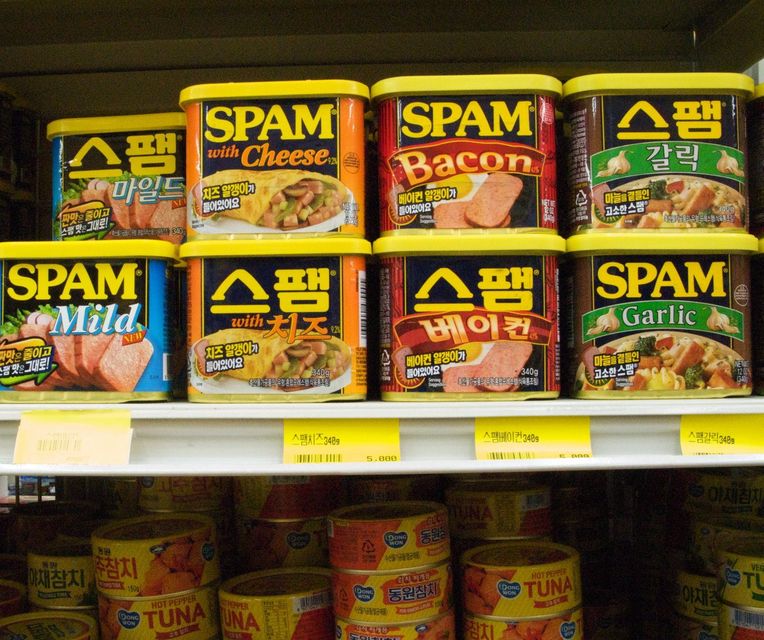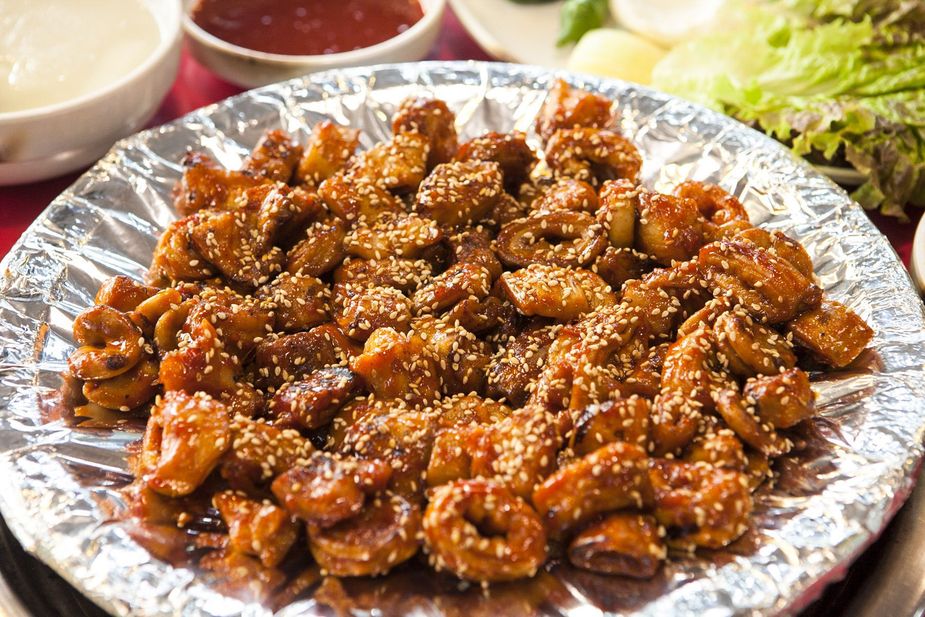Experts claim these are the 6 unhealthiest foods in Korea
In the March issue of a Koren health magazine, 100 professionals ranging from nutritionists, physicians, and pharmacists were surveyed about the foods that Koreans should be eating less of.
Korean diet is generally known for being very healthy as many Korean dishes incorporate small amounts of fat while still being full on flavor, thanks to a plethora of pickled or fermented vegetables and lean meats. But for every healthy food, there is always an unhealthy counterpart. These are 6 of Korea’s unhealthiest foods that experts recommend Koreans eat less.
1. Carbonated Drinks
Carbonated drinks are the number one food item the health experts chose for Koreans to eat less of with 42 of the experts picking it. Experts believe that carbonated beverages can interfere with calcium absorption and overall growth. Cheil General Hospital nutrition team leader Park Bo Kyung said,
“Carbonated drinks are high in simple sugars and do not provide any other nutrients. People who consume a lot of these often become obese and have nutritional imbalances.”
— Park Bo Kyung
2. Processed Deli Meats

The second food item health experts recommend not eating much of is processed deli meats such as ham, sausage, and spam. These processed meats often contain many additives that can be harmful to the human body. Also, the average fat content in meats such as beef and pork is about 20% of what is being consumed but in these processed meats, the fat content is between 30-35%.
3. Tripe and Intestines

An unexpected item to be on the list is tripe and intestines. These are popular with Koreans especially in combination with drinking alcohol, but there are many hygienic issues as these body parts were in direct contact with animal feces. There are also concerns as if these foods are left to burn and char, the fatty compounds within the food are known to release carcinogenic compounds.
4. Margarine

Margarine ranked at number four on this list due to its high trans fat content, which increases the risk of heart disease and other cardiovascular diseases. Margarine is also sometimes made with artificial ingredients, making the consumer somewhat unsure what they could be eating.
5. Ramen

Ramen makes the list due to its high sodium content, especially within the soup base. Professor Lee Kyung Young of the Gachon Daegil Hospital commented,
“Ramen helps absorb glucose faster, leading to a rise in blood sugar levels. High blood sugar can ultimately lead to diabetes.”
— Lee Kyung Young
6. Pickled Salted Seafood and Vegetables
Similar to ramen, pickled salted seafood and vegetables is also on the list due to its high sodium content. Professor Shim Bong Seok of the Ewha Women’s University Urology Department talked about the negative effects of sodium, saying,
“Excess sodium decreases water flow within the body which concentrates urine and also reduces the amount of urine produced. This internal environment is prone to creating kidney stones and leads to urinary tract infection.”
— Shim Bong Seok
Source: Chosun Ilbo